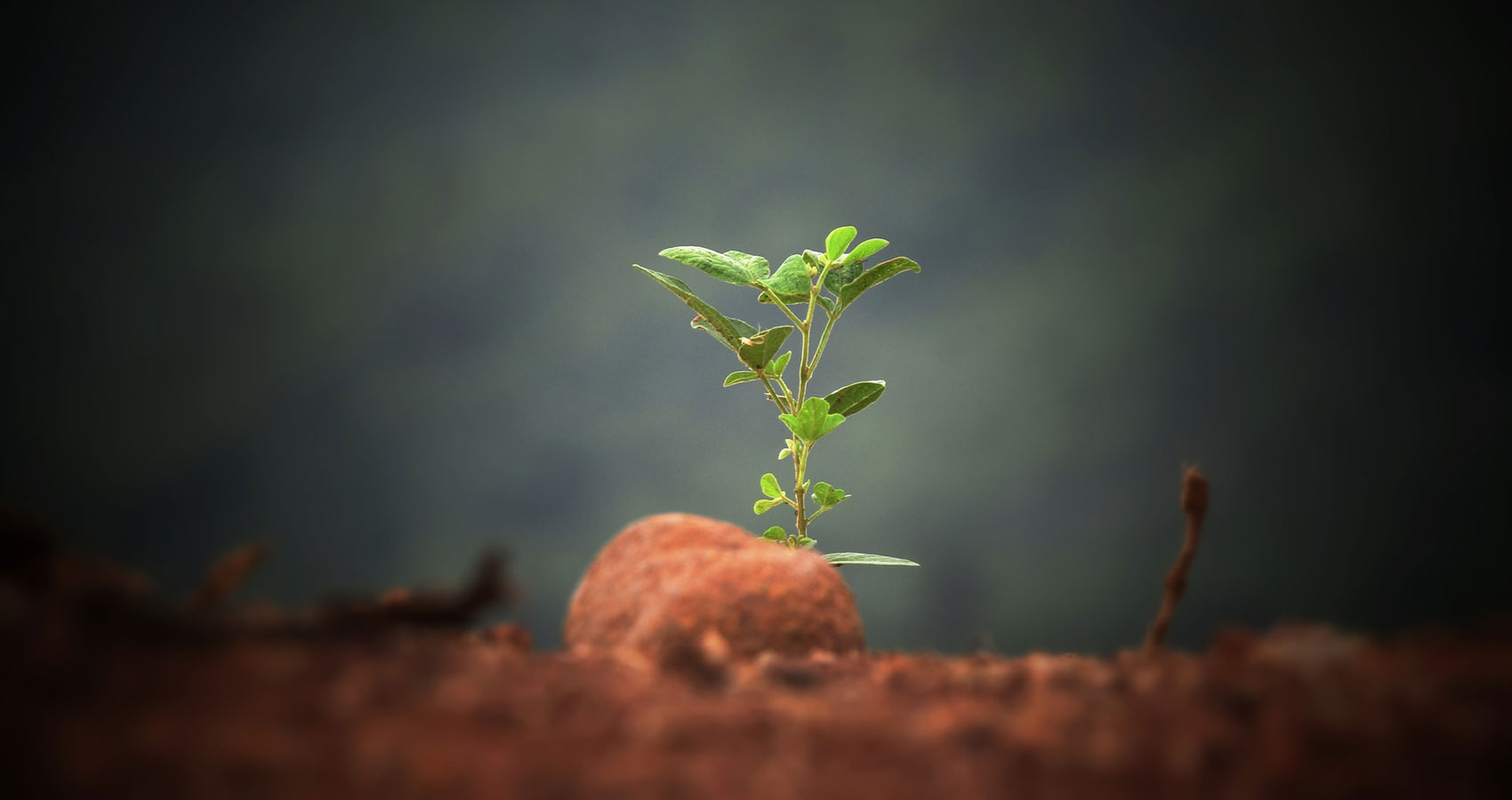Fortitude Found
written by: Mary Ellen Gambutti
@melcmg
My lifelong passion is to grow plants, to work in nature imbued with a life-affirming spirit that strengthens my fiber, inspires creativity, and ushers me through dark times. Strong and able, I ran a small garden planting and design business for fifteen years. Although imperfect, life had a purpose in gardens.
Suddenly, I wasn’t able to perform the tasks that had become second nature to me. I couldn’t hold a pruner in my once dominant right hand. No pinching plants’ new growth for fullness, no lopping branches for form and shape. No kneeling in the fragrant, friable soil. No bending for weeds, no reaching for a fragrant rose. No staking floppy Asters. No planting, hauling, or mulching. No striding out to summer borders. No joy. I’d miss the crisp and brittle dried grasses and perennials in a fall breeze. Some plants, in too much shade, never strengthen, and if not enough wind to batter them, they grow weak. With a lack of weeping rains, they lose their thread to life.
***
My unfocused eyes couldn’t tell me what they glimpsed through the bedrails. But in this slim awareness, I sensed my fate was sealed. I felt the thud of dread, but no feeling in my right arm, hip, the length of my leg, and foot. Primitive senses of smell and touch and hearing; of crisp cotton bedding, the comfort of nurses’ voices, and the rasping pager from the wall near the clock I couldn’t decipher. With my injured brain, I dimly recalled what occurred in the back of the tour bus in the Western Pennsylvania Highlands, how I’d been sped away semi-conscious to a field, then airlifted—somewhere. I’d barely heard voices, only the helicopter’s roar through storm clouds.
It was two days later that my husband told me I’d been flown to Ruby Memorial Hospital in West Virginia, rather than to Pittsburgh, because of high winds. We learned I’d had a stroke–a major brain hemorrhage—from the petite Asian neurologist who showed me the shaded MRI. She told us, “How lucky! You can recover with therapy!” I couldn’t know then what that meant. How the losses I took would affect me the rest of my life. I was fifty-eight.
Although a nasogastric tube was in place for nourishment and would be for the next two weeks, physical therapy on a stretcher began when I was stable. Repetitive efforts to use the muscles of my right side, and image recognition and word-finding were introduced to recover through neuroplasticity. (Oxford Living Dictionary: “The ability of the brain to form and reorganize synaptic connections, especially in response to learning or experience or following injury.”)
Still immobile after two weeks, I rocked side-to-side on an ambulance stretcher; two EMT’s, my husband and I, bound for Easton, Pennsylvania, Good Shepherd Hospital. Sometime after midnight, the Chief of Neurology found me in a rehab unit bed, crippled and wretched.
My imperfect, but by all accounts, successful recovery is a testament to the skill and good nature of a team of speech, occupational, and physical therapists. Without them, I couldn’t measure my progress. They reminded me that life still held meaning, and showed me how incremental change—increasing movement, and clarity of speech–was proof that nerves and muscles remembered. I would have languished were it not for their persistence.
At seven each morning a therapist was first ready for me with a stretcher, then a rolling lounge chair, and finally, a wheelchair, as I journeyed from helpless to home after ten weeks. Flat on my back, I obeyed the physical therapist; willed my right leg up an inch, one foot, until with her gentle and firm insistence on repetitions, one day I walked clutching a left-sided walker a few feet further. Fortitude. My courage and determination worked in tandem with the team.
I began to see that results depended on my efforts, and learned my choices lay between all and nothing at all. I could either stretch, move, reach, speak, find the strength, or acquiesce to the temptation of continuous, healing sleep. Unless I once again aspired, I would only lie in bed and try to feel; to dream that I could stand, or take a stand, or move my hand. Try, try, and my toes might move, and then my poor right foot.
So I worked, and they coaxed me, “You can do it. You must do it! Start now, or lose the chance!” they said. My spirit, frail, and crumbled, I fought myself in anger and wounded pride, self-pity for my losses, and for what I’d become. I tortured myself. Why should I be weak? How could this be?
“How do you feel about the weakness?” the hospital psychologist asked me. I turned my thoughts away from him. He can’t possibly understand. He can’t know what it’s like to have nothing.
During the weeks that crawled ahead, I slept anytime I was alone, and my foggy head began to heal. But the picture upon discharge to home brought me and my husband-caretaker little happiness.
When my crying ceased, I remembered my toes had told the truth of my determination. I learned I could become myself again. I was myself, only changed. Courage. Fortitude. Not perfect, but different. I tried, and that made a difference. I would not be a dainty, flimsy flower. Still, I sometimes waver and stumble on snags. Some hurdles are higher. When I falter, my frailty is plain to me, but not to all, and I soon recover my footing.
- Not To Be Mentioned - July 22, 2022
- Peace in Knowing - December 12, 2021
- Fortitude Found - November 15, 2020



